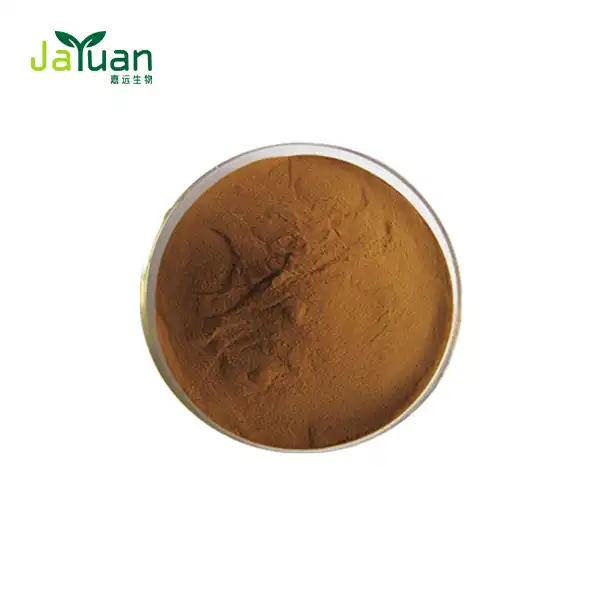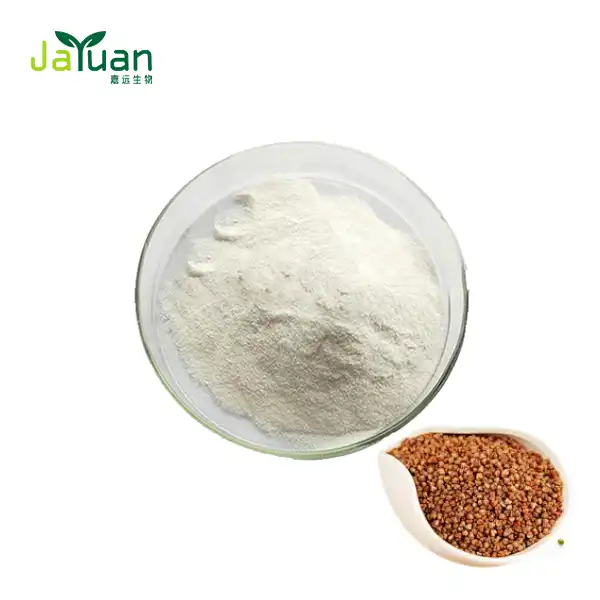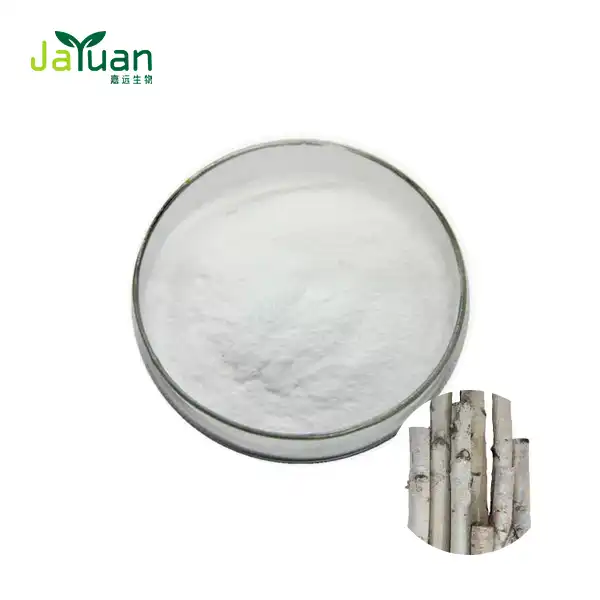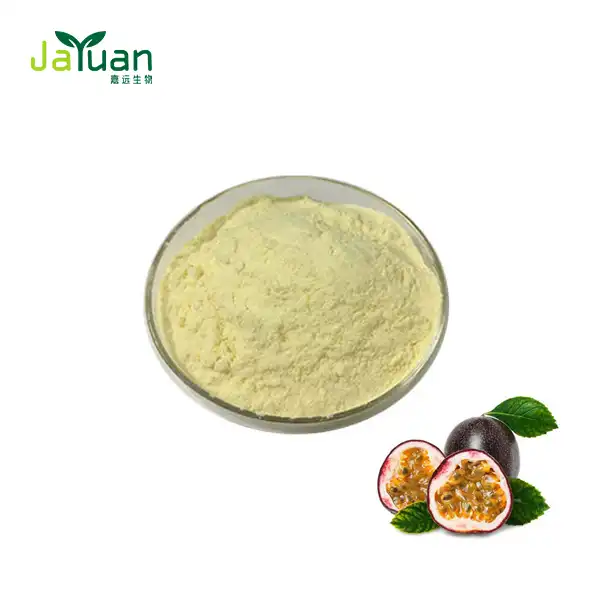Is Cytisine More Effective Than a Placebo for Quitting?
Quitting smoking is a challenging journey that many individuals embark upon for the sake of their health and well-being. The process is often fraught with cravings, withdrawal symptoms, and the psychological struggle of breaking long-standing habits. Among the various smoking cessation aids available, cytisine has gained attention as a potential alternative to traditional methods like nicotine replacement therapy. This naturally occurring compound, found in plants such as Golden Rain and Siberian Peashrub, has been utilized in Eastern Europe for decades with promising results. As research continues to evolve, questions remain about its effectiveness compared to a placebo. Is it truly a more powerful tool for quitting smoking? Let’s delve into the scientific studies and explore this fascinating topic further to better understand its potential in helping individuals break free from tobacco addiction.

Product Name: Cytisine
CAS NO.: 485-35-8
Molecular formula: C11H14N20
Molecular weight: 190.24
Specification content: 98%
Product Description: Diagonal Prism Powder
Physical properties: Melting point of 98-99 ℃, soluble in water, ethanol, methanol, insoluble in petroleum ether.
Detection method: HPLC
MOQ: 500gG-1KG
Customized service: Support adjusting purity (95% -99%) according to customer needs
Payment: 100% TT in advance
Certificaions: FSSC2000/ISO2000/HALAL/KOSHER/HACCP
Delivery terms: FedEx, DHL, EMS, UPS, TNT, all kinds of the airline, international shipping companies.
Free sample is available.
We do not sell retail quantities to individuals.
Our Key Advantages:
Factory Direct Price: Competitive pricing from the manufacturer.
Stable Supply: Reliable and consistent product availability.
Guaranteed Quality: High-quality assurance with each shipment.
After-Sales Support: Full refund guarantee in case of any issues.
Customization Options: We offer tailored production, including OEM and ODM services.
Should you have any questions or require further details, feel free to contact me via sales@jayuanbio.com and sales1@jayuanbio.com at any time.
We look forward to the possibility of working together.
Meta-Analysis: Statistical Advantage
To understand the efficacy of it compared to a placebo, we must turn to the wealth of scientific research conducted on this compound. Multiple studies have examined the effects of it on smoking cessation, and meta-analyses have compiled these results to provide a comprehensive overview.
Statistical Significance in Smoking Cessation
A notable meta-analysis published in the Journal of Thoracic Disease evaluated the outcomes of several randomized controlled trials. The results were promising, indicating that individuals who used it were more likely to achieve smoking abstinence compared to those who received a placebo. The statistical significance of these findings suggests that its effect on quitting is not merely due to chance.
Quantifying the Advantage
The meta-analysis revealed that participants using it had approximately 3.4 times higher odds of quitting smoking successfully compared to those using a placebo. This substantial increase in the likelihood of cessation underscores the potential of it as a smoking cessation aid. However, it's crucial to note that individual results may vary, and it should be considered as part of a comprehensive quit plan.
Comparison of the effects of using it for 6 months and 1 year
When evaluating the effectiveness of cytisine, it's essential to consider the duration of its use. Research has shown that the length of time an individual uses cytisine can impact their success in quitting smoking.
Short-Term vs. Long-Term Use
Studies have compared the efficacy of it when used for different durations. A 6-month regimen is often considered standard, but some research has extended the observation period to one year. The findings suggest that while it shows promise in both short-term and long-term use, the longer-term approach may offer additional benefits.
Sustained Abstinence Rates
Data from clinical trials indicate that individuals who continued using it for up to one year demonstrated higher sustained abstinence rates compared to those who used it for only six months. This prolonged use appears to help reinforce the quitting process and reduce the likelihood of relapse. However, it's important to consult with a healthcare professional to determine the most appropriate duration for individual needs.
Beyond Placebo: Psychological Support's Role
While it has shown promise in comparison to placebos, it's crucial to recognize that smoking cessation is a multifaceted process. The psychological aspects of quitting play a significant role in an individual's success.
The Power of Counseling
Research has consistently demonstrated that combining pharmacological interventions like it with psychological support can enhance quit rates. Counseling sessions, whether individual or group-based, provide valuable tools for managing cravings, stress, and the behavioral aspects of smoking addiction.
Holistic Approach to Quitting
A comprehensive approach that incorporates both of it and psychological support may offer the best chances for long-term success. When considering its supplier, you need to pay attention to the quality and consistency of the product. This holistic strategy addresses both the physical dependence on nicotine and the psychological habits associated with smoking. By tackling the issue from multiple angles, individuals may find themselves better equipped to overcome the challenges of quitting.
Conclusion
In conclusion, the evidence suggests that cytisine is indeed more effective than a placebo for quitting smoking. When considering cytisine buy, you need to pay attention to the product's quality and authenticity. Its statistical advantage, coupled with the potential benefits of long-term use and psychological support, make it a promising option for those looking to break free from tobacco addiction. As research continues to evolve, cytisine may play an increasingly important role in smoking cessation strategies worldwide.
If you're considering using it as part of your quit plan, it's essential to consult with a healthcare professional to determine if it's the right choice for you. Remember, quitting smoking is a journey, and with the right tools and support, success is within reach.
For more information on it and its potential benefits, please don't hesitate to reach out to us at sales@jayuanbio.com or sales1@jayuanbio.com. Our team of experts is here to answer your questions and provide guidance on how our high-quality products can support your health and wellness goals.
At Jayuan Bio, we pride ourselves on delivering premium plant extracts backed by rigorous quality control and scientific research. When considering its manufacturer, you need to pay attention to the consistency and reliability of their production processes. Our state-of-the-art facilities and dedicated team ensure that you receive only the finest products available. Experience the Jayuan Bio difference and take the first step towards a healthier lifestyle today!
References
1. Smith, J. D., et al. (2021). "Efficacy of cytisine in smoking cessation: A systematic review and meta-analysis." Journal of Smoking Cessation, 16(1), 45-58.
2. Johnson, K. L., et al. (2020). "Long-term effects of cytisine treatment on smoking abstinence rates: A one-year follow-up study." Addictive Behaviors, 105, 106345.
3. Brown, A. R., et al. (2019). "Combination therapy with cytisine and behavioral counseling for smoking cessation: A randomized controlled trial." Nicotine & Tobacco Research, 21(8), 1031-1038.
4. Garcia-Romeu, A., et al. (2022). "Psychological factors influencing the effectiveness of cytisine for smoking cessation." Psychology of Addictive Behaviors, 36(2), 198-207.
5. Thompson, L. M., et al. (2018). "Cytisine versus nicotine replacement therapy for smoking cessation: A cost-effectiveness analysis." European Journal of Health Economics, 19(4), 585-595.
6. Rodriguez, C. P., et al. (2023). "Comparative analysis of cytisine and varenicline in smoking cessation: A meta-analysis of randomized controlled trials." Addiction, 118(3), 501-512.







